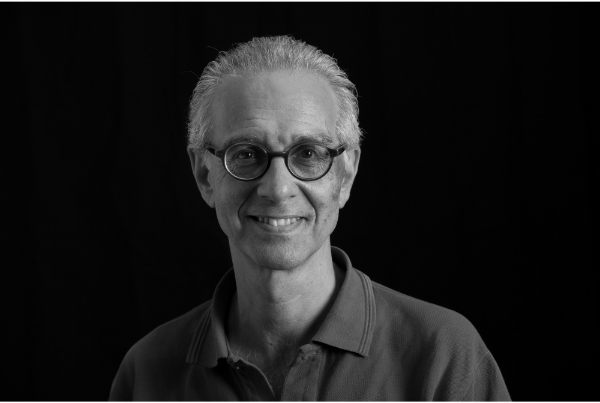Born in Buenos Aires, I received a BA from Harvard University, graduate degrees in psychology and the history and philosophy of science from the Universities of Geneva and Paris, and a Habilitation from the École des Hautes Études en Sciences Sociales, Paris. I have long worked on the history of the human sciences and the mind/brain sciences from the Renaissance to the present, and more recently in bioethics and medical anthropology and phenomenology. I have been Guggenheim Fellow, Athena Fellow of the Swiss National Science Foundation, Visiting Scholar at the American Academy in Rome and at Harvard University (History of Science), Fellow at the Brocher Foundation, and Visiting Professor in Buenos Aires, Paris, Rio de Janeiro, Mexico DF and Kyoto. I was until 2012 a permanent Research Scholar at the Max Planck Institute for the History of Science, Berlin. In 2016 I was elected Associate Member of the Centre Alexandre Koyré (Paris) and in 2017 Member of the Academia Europaea.
